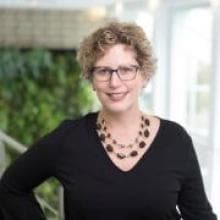
Agricultural Education
Be Part of the Solution
The United Nation estimates that we’re growing from 7.2 billion today to 9.6 billion by 2050. Feeding all those individuals is one of the world’s greatest challenges.

Connect and explore a worldwide network
It's hard to believe, but a lot of young people know little about where their food comes from. The British Nutrition Foundation found out that one in ten British kids thinks tomatoes grow underground, twice as many believe fish fingers are made of chicken. Supplying healthy food for our planet requires working together. It’s important to shed some light on what cornflakes were before they go in the packet. That’s why we have to come up with visionary ideas; passion for agriculture and a new generation of leaders are needed.
The Agricultural Education Program aims at raising awareness for food and farming all over the globe. It encourages young people to think more deeply about sustainable agriculture, food supply and the role of science in this context. Bayer Crop Science helps young people interested in agriculture connect and engage through building networks, offering first hand-experiences at the company’s labs and farms, and providing scholarships for the most talented young minds. Become an ambassador for agriculture, join the debate, create visions and address issues that really matter: how to feed the world.
Survey Facts
- One of three kids thinks cheese comes from plants.
- One in five primary school children and 18 percent of secondary school pupils have never visited a farm.
- 18 percent of British children believe fish fingers are made of chicken.

- Feeding 9.6 billion people by 2050 will be an enormous challenge. A new generation of scientists has to carry on this essential work. We will be there to support them on their way.
- Student labs, an international youth conference, and a fellowship program aim to inform and inspire the next generation of scientists.
- Many young people don’t know where their food comes from. We'll help share ideas and facts about sustainable agriculture, biodiversity, and crops of the future.
- Let’s connect students, talented pioneers, and future scientists with options and opportunities. In order to solve problems, we need to cooperate.








